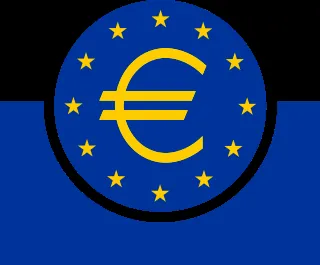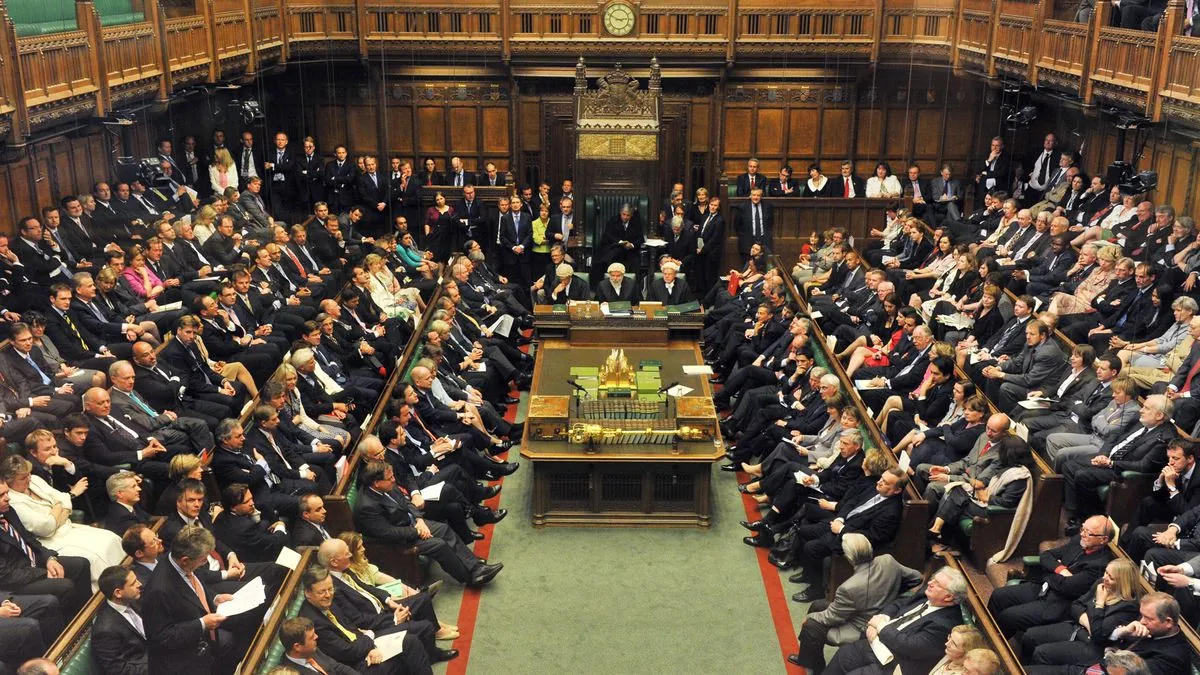European Central Bank
The European Central Bank (ECB) is the central component of the Eurosystem and the European System of Central Banks (ESCB) as well as one of seven institutions of the European Union. It is one of the world's most important central banks with a balance sheet total of around 7 trillion.

Some of the key events about European Central Bank
- 1998Established as the central bank for the euro and the Eurosystem
- 1999Successfully launched the euro as a new currency for 11 European Union member states
- 1999Failed to prevent the emergence of significant economic disparities between Eurozone member states
- 2002Oversaw the smooth introduction of euro banknotes and coins across the eurozone
- 2003Maintained low interest rates that contributed to housing bubbles in several Eurozone countries
- 2008Implemented emergency measures to support the financial system during the global financial crisis
- 2008Delayed response to the global financial crisis compared to other major central banks
- 2010Created the European Financial Stability Facility to provide financial assistance to eurozone countries in difficulty
- 2010Imposed strict austerity measures on Greece as part of bailout conditions, exacerbating economic hardship
- 2011Raised interest rates prematurely, hampering economic recovery in the Eurozone
- 2012Announced the Outright Monetary Transactions program to stabilize government bond markets
- 2012Faced criticism for lack of transparency in its decision-making processes
- 2014Assumed responsibility for banking supervision in the eurozone through the Single Supervisory Mechanism
- 2014Introduced negative interest rates, potentially harming savers and pension funds
- 2015Launched a large-scale quantitative easing program to combat deflation and stimulate economic growth
- 2015Temporarily froze emergency liquidity assistance to Greek banks during debt crisis negotiations
- 2016Introduced the €50 banknote of the Europa series with enhanced security features
- 2016Quantitative easing program faced legal challenges and criticism for potentially overstepping ECB's mandate
- 2019Failed to achieve its inflation target for several consecutive years, undermining credibility
- 2020Implemented the Pandemic Emergency Purchase Programme to counter the economic impact of COVID-19
Disclaimer: This material is written based on information taken from open sources, including Wikipedia, news media, podcasts, and other public sources.































